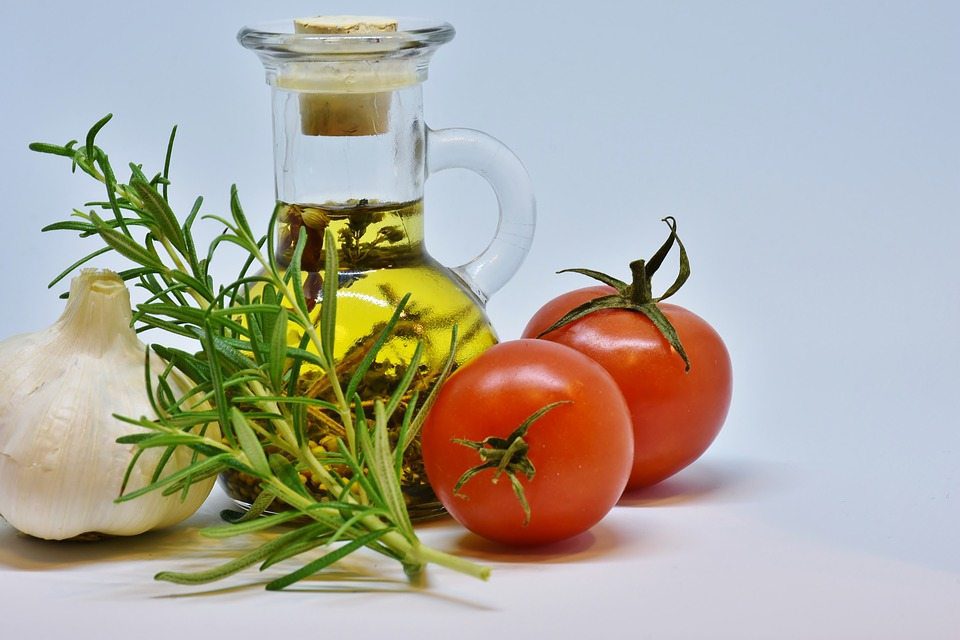Little changes make a big difference, and the easiest way to start living a more eco-conscious lifestyle is by slowly implementing lifestyle changes into daily practice. For example, one might consider adopting a ‘Meatless Monday’ supper to conserve water and fossil fuels for animal processing. According to a 2010 study in the Netherlands on the footprint of farm animals and animal products, the water needs of livestock are much greater than those of vegetables and grains. Approximately 1,850 gallons of water are needed to produce a single pound of beef whereas only 39 gallons of water are needed to produce a pound of vegetables. We believe in creating champions of nature through education and inspiration, so here are a few of our favorite vegetarian recipes that we’d like to share:
Sante Fe Bean and Corn Salad
From Kelli Kennon-Lane (inspired by New Pioneer Food Co-op)
Whisk the following together in a medium sized bowl:
- 1/8 cup olive oil
- 1/4 cup fresh lime juice (do not use bottled; you will regret it)
- 2 T chopped fresh cilantro
- 1 tsp ground cumin
- 1/2 teaspoon salt
- 1/4 teaspoon cayenne pepper (while this is optional, we highly recommend it)
Then add the following:
- 2 cups black beans (canned or dried, as long as they’ve been cooked through)
- 1 cup corn (we used frozen from last summer’s garden)
- 1/2 of a green bell pepper, diced
- 1/2 of a red bell pepper, diced
- 1/2 cup red onion, diced (or about 1/4 of an onion; I wasn’t precise)
Mix all of the ingredients together in that medium bowl and let it sit at room temp for about 30 minutes before serving.
Another simple change that make a big difference in the health of our watershed. According to The Nature Conservancy, protecting a lake, river, or stream means managing the entire watershed that drains into it. Informed choices about our environment and actions by every member of the public keeps our watersheds healthy. This means disposing of hazardous chemicals properly and not dumping them into storm sewers or drains. The smallest change we can make is swapping out chemical cleaners for a natural alternative. Here are some of our favorite alternatives:
Natural All-Purpose Cleaner
From Rachel Bailey
- 1 cup distilled white vinegar
- 1 cup water
- 12-24 drops essential oil (I like to use lemon, lavender or thieves especially)
Store in a dark glass spray bottle. To scrub hard to clean spots, sprinkle with baking soda before spraying with cleaner to create a scrubbing paste.
Vinegar and Baking Soda “Hacks” Around the Home
From Sarah Halbrook
- Cleaning with vinegar and water. Nothing fancy.
- And for extra smelly clothes, throw baking soda in with clothes and chemical free detergent.
From Fran Roushar
- Spray vinegar on shower tile daily to keep it clean.
From Barb Szucs
Baking soda is my cleaning product of choice. It has replaced scouring powders in my house. Here are the ways I use it:
Kitchen
- Get stains off countertops, ceramic stovetops, pans
- Soak a burned-on pot with a bit of water and low heat
- Dump about a 1/2 cup down the drain, follow it with about 1/2 cup of vinegar and let it sit for 5 minutes. Then run hot water.
Bathroom
- Scour the sink
- Shake it around the waterline of the toilet and then follow with vinegar. When the bubbling stops, swish.
Other
- Shake some on rugs and carpets, then vacuum to freshen the fabric.
From Jean Wiedenheft
I have simplified my life by embracing the dirt and not cleaning. Actually, most of the cleaning I do involves…wait for it…warm water.

